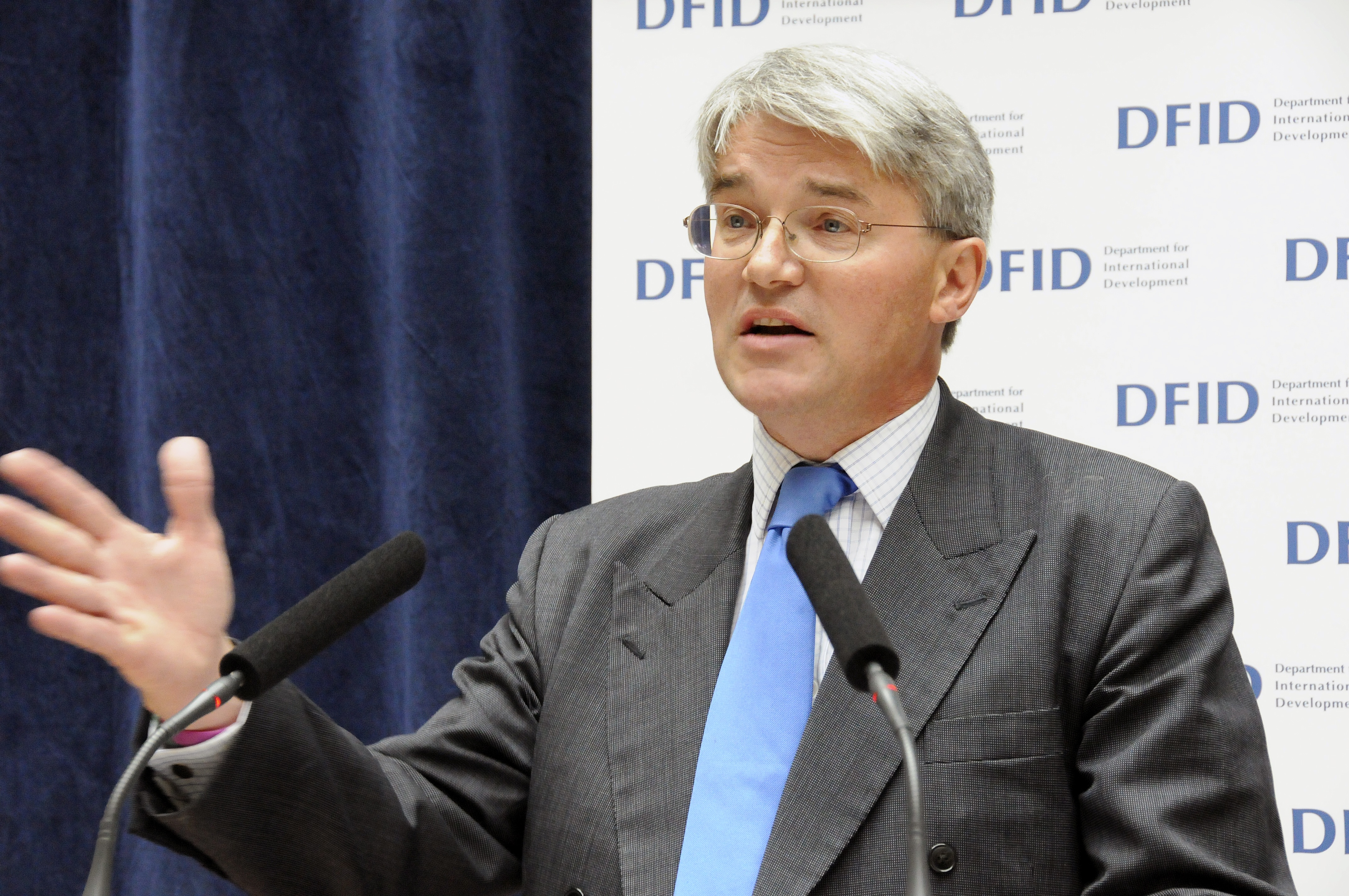Andrew Mitchell – 2021 Speech on Global Britain
The speech made by Andrew Mitchell, the Conservative MP for Sutton Coldfield, in the House of Commons on 11 January 2021.
I draw the House’s attention to my entry in the Register of Members’ Financial Interests. It is right that we should be debating global Britain this week, the 75th anniversary of the founding of the United Nations, and the House of Commons will want to mark with sadness the passing of Sir Brian Urquhart, one of the principal architects of the UN and a fine British civil servant. As my right hon. Friend the Member for Maidenhead (Mrs May) said, the power of a passionate, compelling vision for global Britain has the ability to unite the United Kingdom, all four parts of it, in one vision, at a time when that Union is under great pressure.
I want to make two specific comments about global Britain. The first is about the what. As my right hon. Friend said, we await the report, because we have had the money but not yet the report of what global Britain is going to stand for, but it seems to me very important that global Britain should represent values, rather than geographers. This enables us from time to time to agree with China but to disagree with Donald Trump. The UK has been a very bright light in many difficult parts of the world, standing up for the rule of law and human rights against Islamic terror, standing against meddling Russians and Chinese human rights abuse, and standing in favour of women’s rights and the fight against starvation.
When it comes to the how, I think that the international rules-based system is the key. The UK has real leverage on this: our seat in the United Nations; as a leading member of the Commonwealth, that important north-south organisation, which embraces so much of the world; our principled position in NATO; the fact that we are a European power, in or out of the European Union; our relationship with the United States; and, of course, the British language, which, in terms of commerce, trade and law, gives Britain such a pre-eminent position, quite apart from the City of London as an international centre. And as others have mentioned, we have development. Over the past two decades, Britain has become a development superpower—the ideas of British universities, the actions on the ground of Britain’s international non-governmental organisations and the policy formation of the thinktanks—which is why I ask the Government to think again on breaking the 0.7% promise, on which every single Member of this House of Commons was elected just one year ago. Remember that the 0.7% has already been reduced.
Daniel Kawczynski
Will my right hon. Friend give way?
Mr Mitchell
I am afraid that I cannot give way as I have so little time.
Daniel Kawczynski
He will get an extra minute.
Mr Mitchell
I give way to my hon. Friend.
Daniel Kawczynski
I am very grateful to my right hon. Friend. He is a champion for DFID spending, but does he agree that, now we are outside the European Union, our intention to lower tariffs for third world countries will, in the long term, result in much more support for them than just the DFID money?
Mr Mitchell
I am very grateful to my hon. Friend. Of course, he is right that trade is the key, but in order to get to a point where countries can trade, you need many of the very important services that DFID has been providing in some of the poorest parts of the world. Remember that the 0.7% has already been reduced, because it is connected with our gross national income, by nearly £3 billion. If this cut goes ahead, the development budget will be reduced by nearly 50%. That is the worst thing we could do in a pandemic, which we know will never be defeated here until it is defeated everywhere. It is the most terrible timing—when we approach the chair of the G7, when this year we will chair the United Nations Security Council and when we have the most important COP in Glasgow in November. It would be a terrible mistake. I urge the Treasury Bench to think again about this £4 billion reduction—just 1% of the borrowing this year. It should not be carried out in this way and it should not be carried out at this time.

